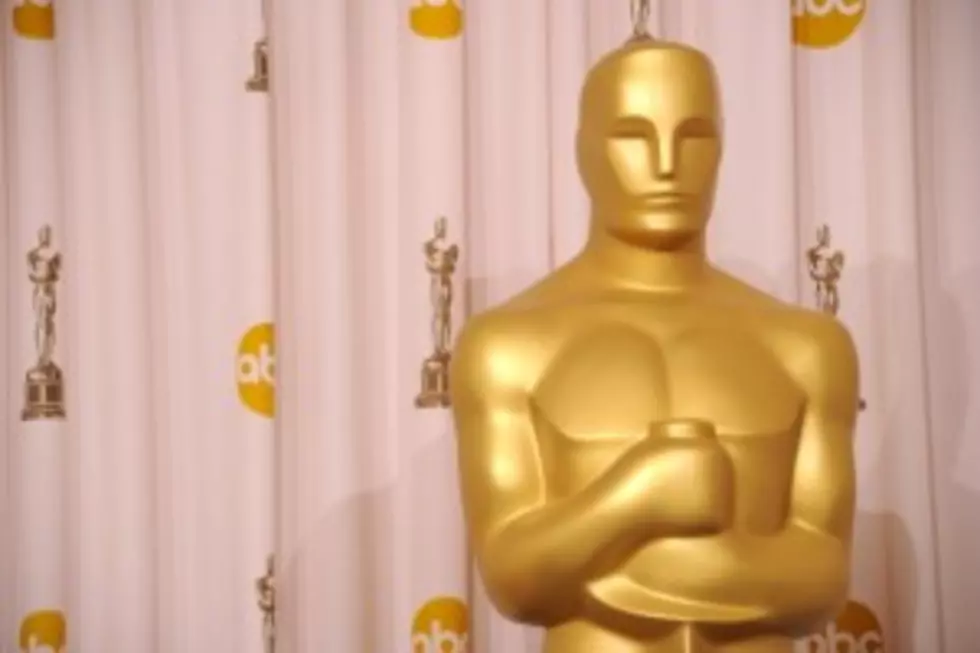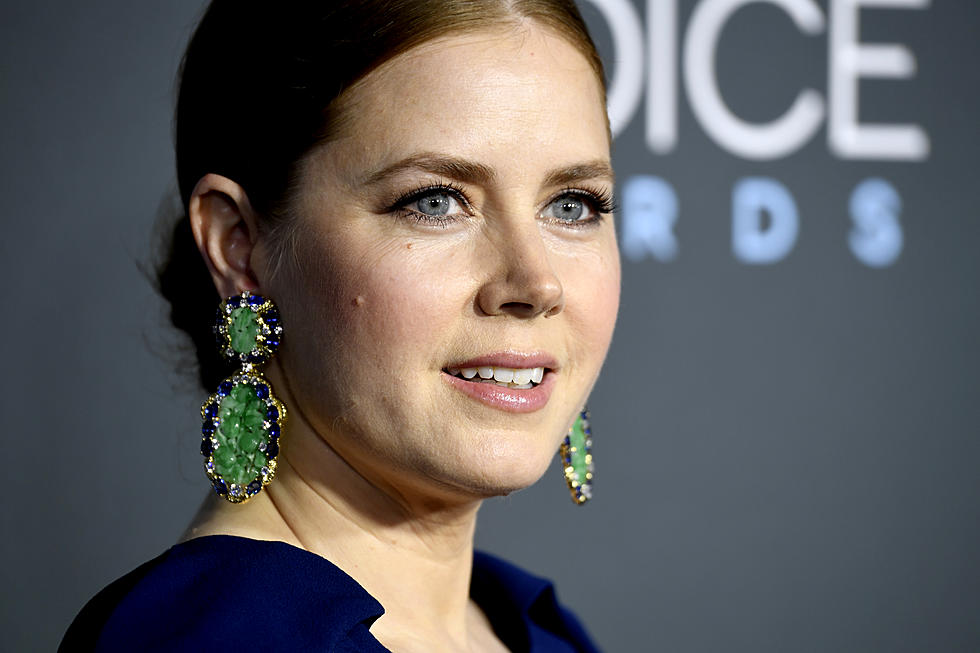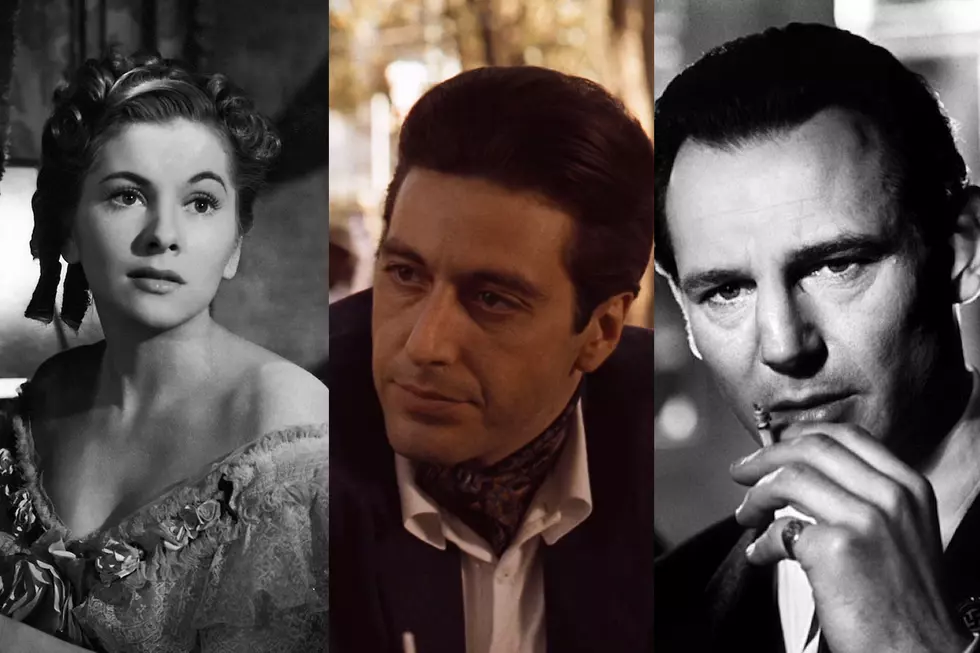
The Kings Speech Reigns At The 83rd Annual Academy Awards
Another year, another Academy Awards is done. Did you watch it? Not to toot my own horn but I won a yearly bet I have with my family where we predict every single category. This year I picked 17 categories correct which is not my best year, but just enough. I think I've won for like 10 years in a row, but of course I am a good sport about it (ha!). This years ceremony wasn't too exciting I didn't think. The two new hosts were okay at best, cringe inducing at worst, although Anne Hathaway seemed to be into it more than James Franco (can't we go back to Steve Martin or another entertainer who can play both funny and serious?). The host isn't the point though, so let's get to who took home the golden guy.
The King's Speech reigned at the 83rd annual Academy Awards Sunday night, when it took the prize for best picture against such rivals as The Social Network. The British drama also collected three other awards for best actor Colin Firth, director Tom Hooper and screenwriter David Seidler.
As the awards headed into the home stretch, Firth was named best actor for his performance as King George VI in The King's Speech.
Always self-deprecating in a tony British manner, Firth began, "I have a feeling my career's just peaked." He eloquently paid tribute to the movie's writer Seidler, "whose own struggles have given so many people the benefit of his very beautiful voice"; director Hooper "for immense courage and clear-sightedness"; and his own wife Livia Giuggioli "for putting up with my fleeting delusions of royalty."
Natalie Portman won her first Oscar for playing a neurotic ballerina in Black Swan.
Taking the stage to the music from Swan Lake, the pregnant Portman composed herself and began by expressing her appreciation to her parents. Citing directors who had championed her such as Luc Besson and Mike Nichols, she moved on to hail Swan director Darren Aronofksy as "a fearless leader, a visionary." And she thanked the movie's choreographer, Benjamin Millepied, with whom she is expecting a child, for giving "me the most important role of my life."
British director Tom Hooper was named best director for The King's Speech.
The first-time nominee breathed a huge sigh of relief when he took the stage -- just two weeks ago at the British Academy's awards, he lost directing honors to The Social Network's David Fincher.
"This is an extraordinary honor," he said before going on to thank his stars, Colin Firth, Geoffrey Rush and Helena Bonham Carter, writer David Seidler and the film's producers. But he reserved special acknowledgements for his mother, who first spotted Seidler's material at a play-reading and called to alert her son, telling him, "I think I found your next film." Added Hooper, "the moral of the story is listen to your mother."
Melissa Leo won the first acting award of the evening for her performance as fiercely controlling mom in The Fighter.
The veteran actress immediately established a first as she uttered a bleeped-out F-word amid her excitement. First, though, she had to wait for presenter Kirk Douglas, who milked opening the envelope for all it was worth. "Pinch me," she said to Douglas as she accepted her Oscar. "Wow...mine..for me?," she vamped, as Douglas told her, "You're much more beautiful than you were in The Fighter" before he was escorted to the side of the stage.
Her Fighter costar Christian Bale was named best supporting actor for taking on the real-life character of ex-fighter-turned-addict Dicky Edlund. Acknowledging Leo, the sometimes volatile actor said, "I'm not going to drop the f-bomb like she did. I've already done that plenty before." Instead, he thanked director David O. Russell and gave a shout-out to Edlund, who stood up and waved from his seat in the audience.
Aaron Sorkin, who was clearly the odds-on favorite in his category, claimed the Oscar for best adapted screenplay for the fast-talking The Social Network, adapted from Ben Mezrich's book The Accidential Billionaires. As he began his acceptance, Sorkin noted that the great Paddy Chayevsky won a writing screenplay 35 years ago for another movie with the word network in the title. He also offered extravagant praise to the film's director David Fincher, saying, "David Fincher made this movie and he did it with an ungodly artfulness."
David Seidler's victory in the original screenplay category for The King's Speech was equally expected. "My father always said to me, I would be a late bloomer," he said as he began his remarks. And he concluded, "I accept this on behalf of all the stutterers around the world. We have a voice, we have been heard, thanks to you, the Academy."
When it came to best score, the Social vs. Speech rivalry resulted in a win for Social and Trent Reznor and Atticus Ross, who collaborated on its uniquely moody score. Reznor, the rock musician, admitted the Oscar was "humbling and flattering beyond words."
The movie, which cut relentlessly between a series of legal depositions, also rose to the top in the editing category, where Angus Wall and Kirk Baxter shared the prize.Alice in Wonderland led off the trophy parade as it took home the first award of the evening, the prize for art direction.
Production designer Robert Stromberg was visibly nervous as he took the stage with set decorator Karen O'Hara. As he rushed into a litany of thank yous, he referred to his Disney bosses as "Iger and Ross and Bailey," referring to Robert Iger, Rich Ross and Sean Bailey, but reserving most of his thanks to the movie's director Tim Burton.
Alice's fantasy world also resulted in an award for its costume design, the third such Oscar that Colleen Atwood has won, and she also hailed "the singular Tim Burton."
Wally Pfister took home the night's second trophy for his cinematography in Inception. It was the fifth nomination and first win for Pfister, a longtime collaborator of director Christopher Nolan, and he acknowledged that fact, saying, "Nothing I did would have been possible without the incredible vision of my master Christopher Nolan."
The first award of the evening, presented by Tom Hanks, followed an opening in which the evening's first-time hosts Anne Hathaway and James Franco took an Inception-like trip into Alec Baldwin's dreams, as well as the other best picture nominees, in search of the secret for hosting the Oscars.
More From B105




![Minnesotan Takes Home Award For ‘Best Picture’ At Oscars [VIDEO]](http://townsquare.media/site/150/files/2019/02/GettyImages-1131936426.jpg?w=980&q=75)




